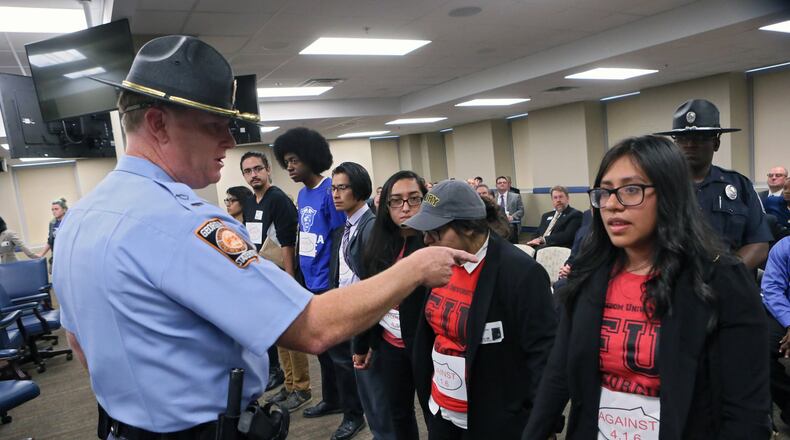Carolina Antonini's phone started ringing off the hook after Donald Trump won the White House in a stunning upset. Antonini, who works out of a busy immigration law office in Atlanta, said she has received dozens of phone calls from panicky clients. Among the callers are immigrants who have received temporary deportation deferrals and work permits through the Obama administration's Deferred Action for Childhood Arrivals program, or DACA.
“Everybody, of course, wants to know what will happen,” said Antonini, who teaches immigration law at Georgia State University. “And, of course, the answer is: ‘I don’t know.’ I hope the answer is a humane answer.”
"There should be some amount of guilt or uneasiness for any of us – any nonprofits, any for-profits, any private firms, any uncles or aunts – who helped these young people do this," she said about those who have helped people apply for DACA. "This is what I tell them: You have played fair. You have done the right thing. You have used the programs that were set up for you… I have to believe we are a country of humane law."
About the Author
Keep Reading
The Latest
Featured




